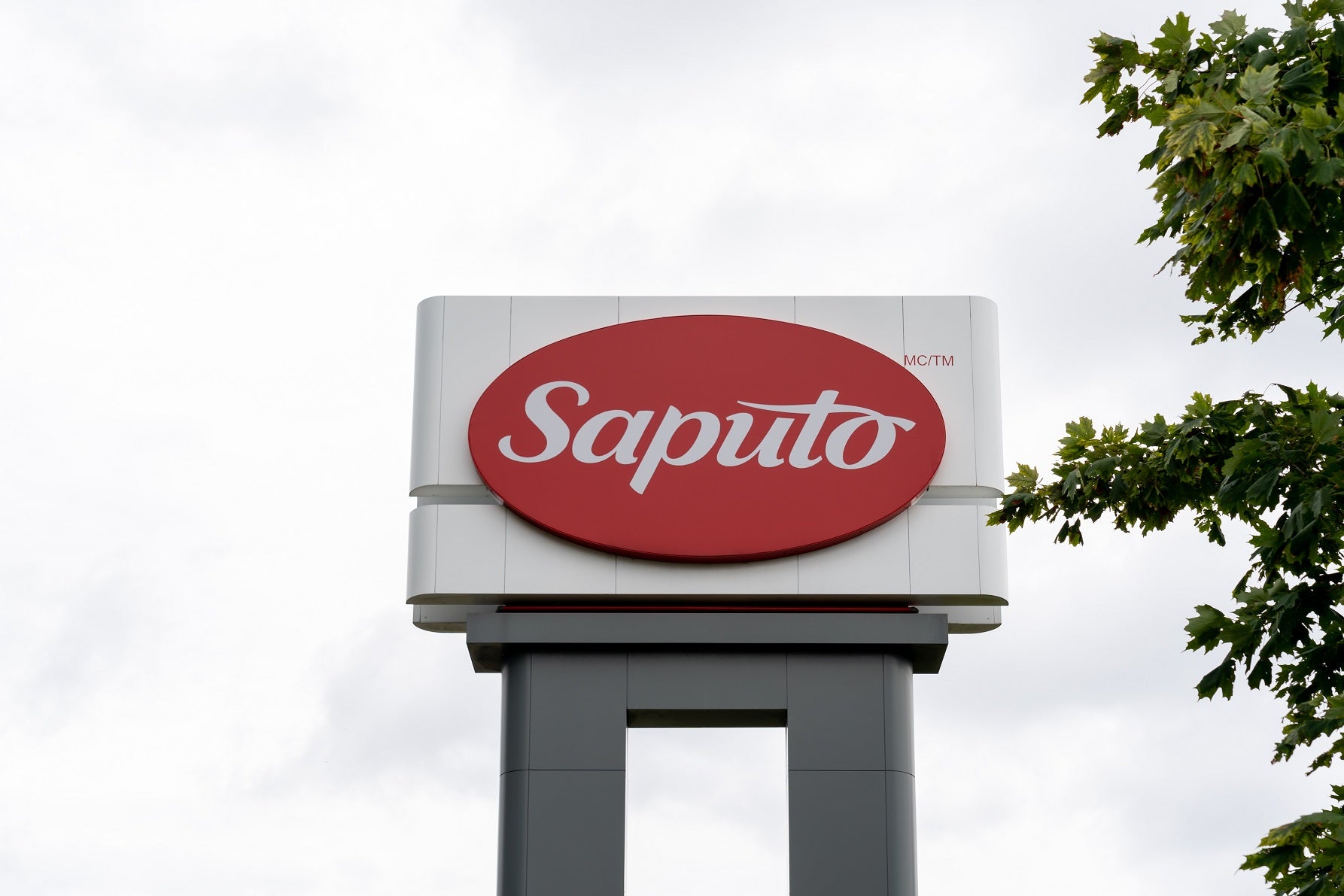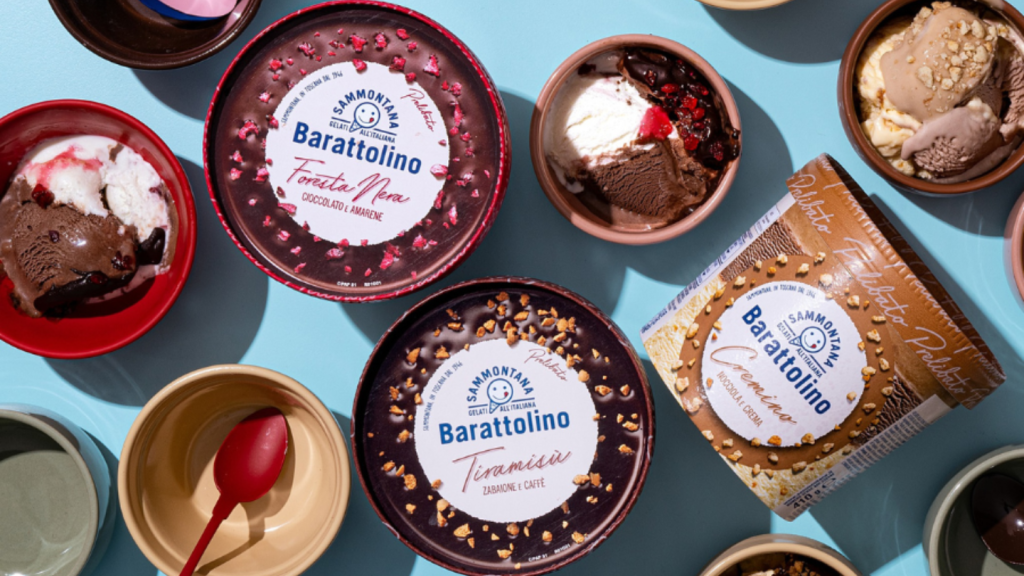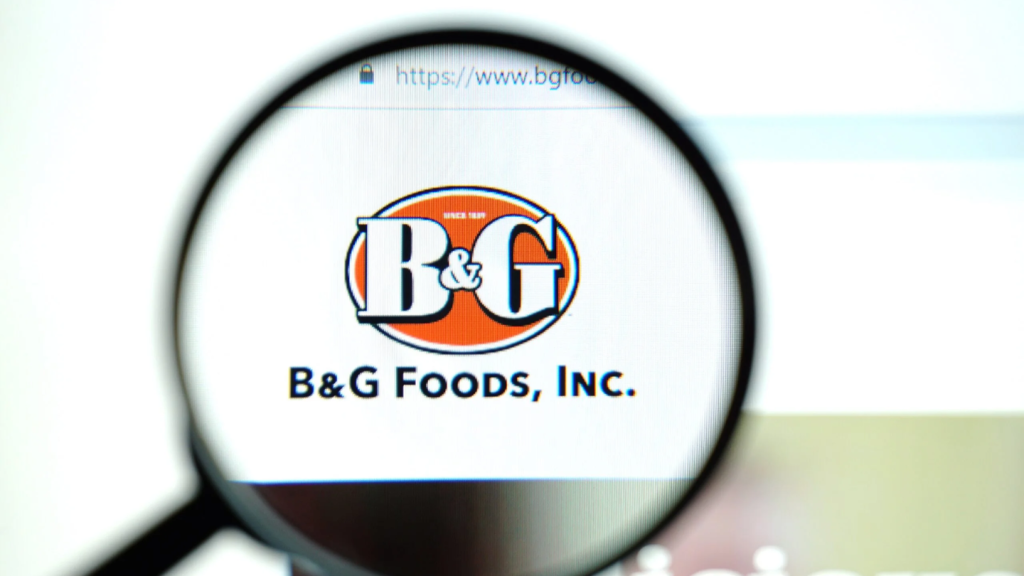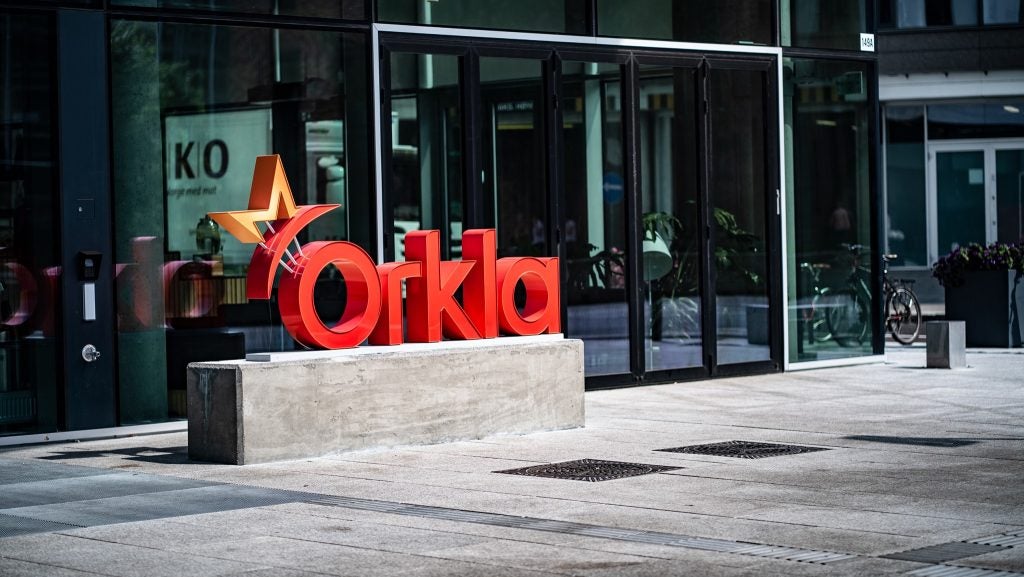
The Australian Competition and Consumer Commission (ACCC) does “not oppose” the national retailer Coles Group’s proposed purchase of two milk processing plants, owned by Canadian dairy giant Saputo.
The competition watchdog’s decision, originally due in September, had been delayed due to not having received feedback from all “parties” that had voiced concerns over the Coles-Saputo handover.
Coles, the second largest supermarket chain in Australia, first signalled its intention to acquire Saputo’s two plants in April.
It had proposed to buy the sites in Erskine Park in New South Wales and Laverton in Victoria, for a sum of C$95m ($70.2m).
Until now, Coles has had its milk processed by Saputo at its Erskine Park and Laverton facilities. Post-acquisition, Saputo will see its raw milk processed by Coles at both plants.
In a statement published in July, the ACCC said one of the main concerns proposed by key stakeholders was how the purchase could heighten the retail group’s “bargaining position in the dairy supply chain”.
How well do you really know your competitors?
Access the most comprehensive Company Profiles on the market, powered by GlobalData. Save hours of research. Gain competitive edge.

Thank you!
Your download email will arrive shortly
Not ready to buy yet? Download a free sample
We are confident about the unique quality of our Company Profiles. However, we want you to make the most beneficial decision for your business, so we offer a free sample that you can download by submitting the below form
By GlobalDataWorries were also shared about how the acquisition might push Saputo to leave the raw milk market in New South Wales altogether and cut the number of raw milk buyers.
“We acknowledge the strong concerns raised by some dairy industry participants about Coles’ acquisition of milk processing facilities,” ACCC deputy chair Mick Keogh said in a statement on the decision.
He added: “We explored the industry’s concerns very closely through discussions with farmers and their representative bodies, and conducted a detailed review of Saputo and Coles’ internal documents and their incentives.
“After careful consideration, we concluded that, compared with the current state of competition where the majority of the capacity at these facilities is already contracted to Coles, the acquisition is unlikely to result in a substantial lessening of competition in breach of section 50 of the Competition and Consumer Act.”
Following an assessment of Saputo’s financial details, the ACCC said it decided to approve the acquisition considering the dairy group has shown it intends to keep selling its Devondale milk product in New South Wales. The dairy giant is also said to have agreed to a “five-year toll processing agreement” with Coles at the Erskine Park facility.
Keogh added the ACCC believed the Coles-Saputo deal would “be unlikely” to affect Saputo’s decision to work with dairy farmers in New South Wales “for at least the next five years”.
Commenting further on concerns around how the acquisition may affect competition for other processors, Keogh said the group would “likely continue to face financial incentive to stock and support branded milk from other processors, due to the higher retail margins it earns on these products”.
The “significant excess capacity” at the Erskine Park and Laverton plants also means “Coles’ commercial incentives to consolidate its milk supply would exist with or without the transaction”, the watchdog said.
While some stakeholders have called for Coles’ dealings with processors and farmers to be “effectively covered by existing industry behavioural codes”, the ACCC said it believed such protection already exists, with Coles having to abide by the Dairy Code of Conduct, as well as the Food and Grocery Code of Conduct.
Despite the regulator’s determination to calm stakeholders woes, Australia’s Business Council of Co-operative and Mutuals (BCCM) has argued the move will hit competition in the sector.
In a statement, Melina Morrison, CEO of the BCCM, said: “We remain concerned the proposed acquisition is likely to significantly reduce competition in the dairy market to the detriment of both consumers and family farmers.
“As processing facilities are further concentrated in the hands of a few investor-owned dairy processors and retailers, there is less and less pressure on these businesses to share profits with farmers.”
In the long run, Morrison said this could affect how much money farmers can put into “the sustainability of their own businesses”.
“However, the issue goes beyond the fortunes of individual farm enterprises and the prices they receive for their products,” she added. “Australia’s domestic food security and potential export earnings and income tax derived from dairy could all be impacted.”
Earlier this month, Saputo announced it was reviewing options for the future of its King Island Dairy plant in Tasmania, as it looked to cut costs and increase efficiency.






